Beloved movies that critics hated
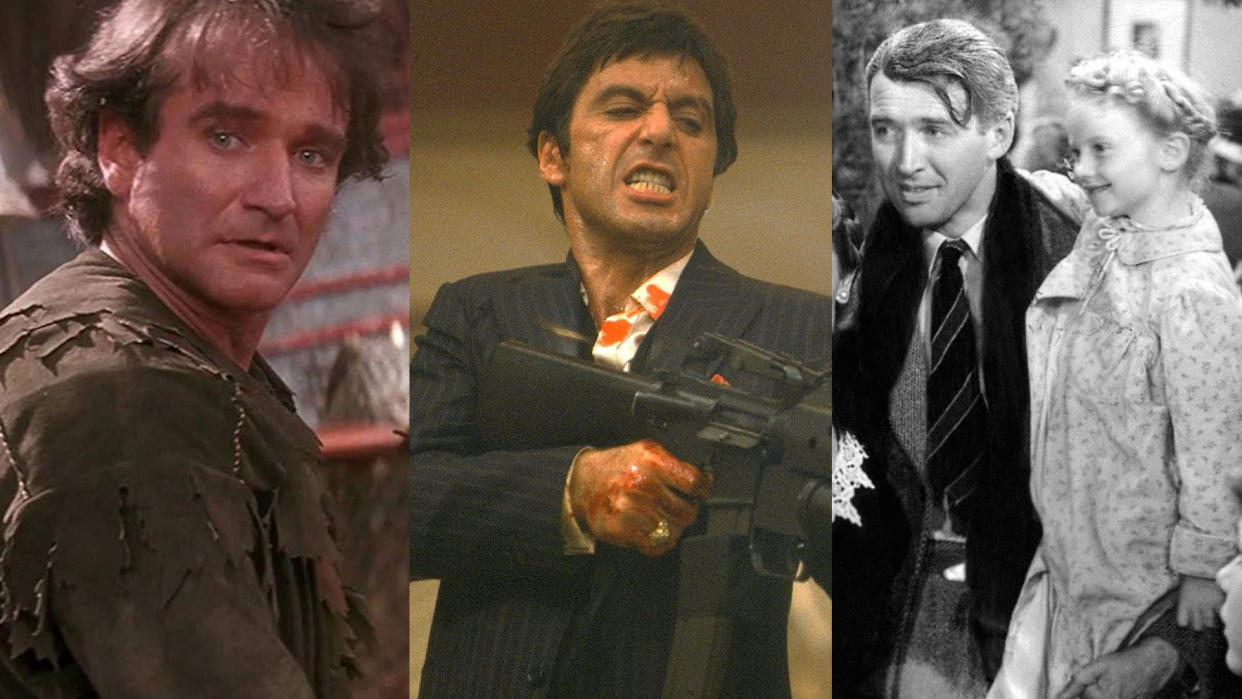
The notion that film critics can make or break a movie is certainly a myth today, and it has probably always been over-stated. While there’s no doubt that a strong critical response can elevate a smaller film or that a viciously negative raft of reviews can change the way people engage with a blockbuster, the long-term impact of critics is largely rather meagre.
And nowhere is that truer than in the lengthy list of classic films that were panned or shrugged at by critics when they first made their way through cinemas. Some of them have been reappraised by critics since, while others have always been far more successful with audiences than with those who have a platform to write about movies.
Read more: Roger Ebert’s most scathing reviews
Here are 10 films that were maligned on release, but have since been elevated to the level of a beloved classic.
It's a Wonderful Life
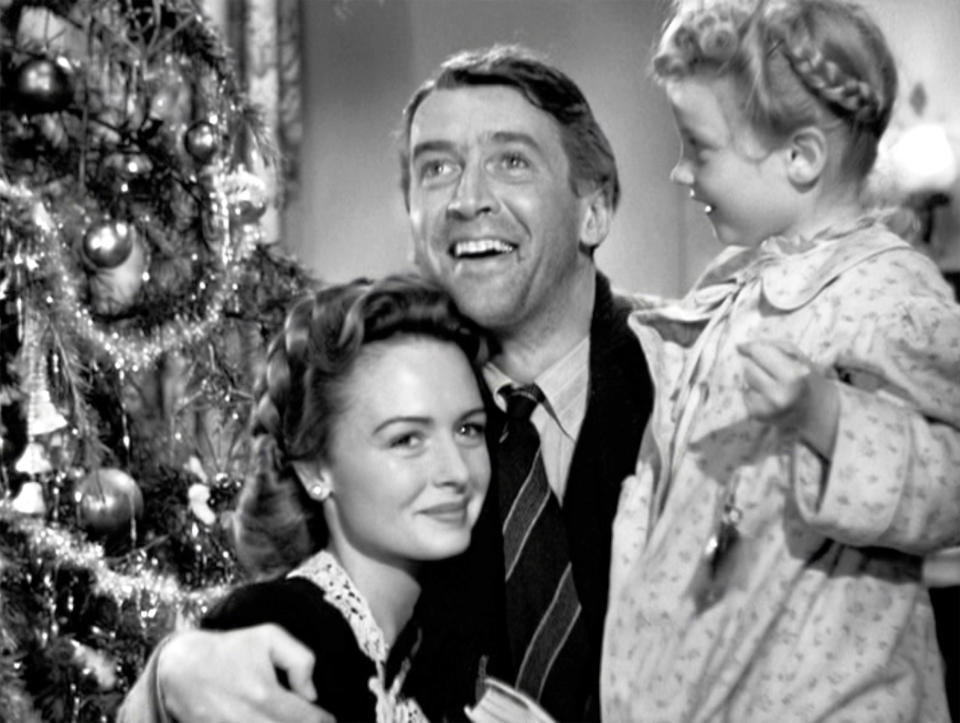
While not every review for Frank Capra’s postwar Christmas tale was negative, the overall tone of the response was certainly a thumbs down. Critics were not fans of the movie’s overt sentimentality and those who didn’t dislike it were largely not moved to fully get behind it. The film flopped at the box office, sunk studio Liberty Films and seriously damaged Capra’s career.
Read more: It’s a Wonderful Life tops list of festive favourites
More than 70 years later, It’s a Wonderful Life is considered to be an untouchable classic and is held up as one of the greatest films of all time, as well as being a fixture of the festive season. Famously, the movie’s copyright protection came to an end in the 1970s as a result of a clerical error, allowing it to appear regularly on TV schedules. Once people saw it, they fell in love.
Hook
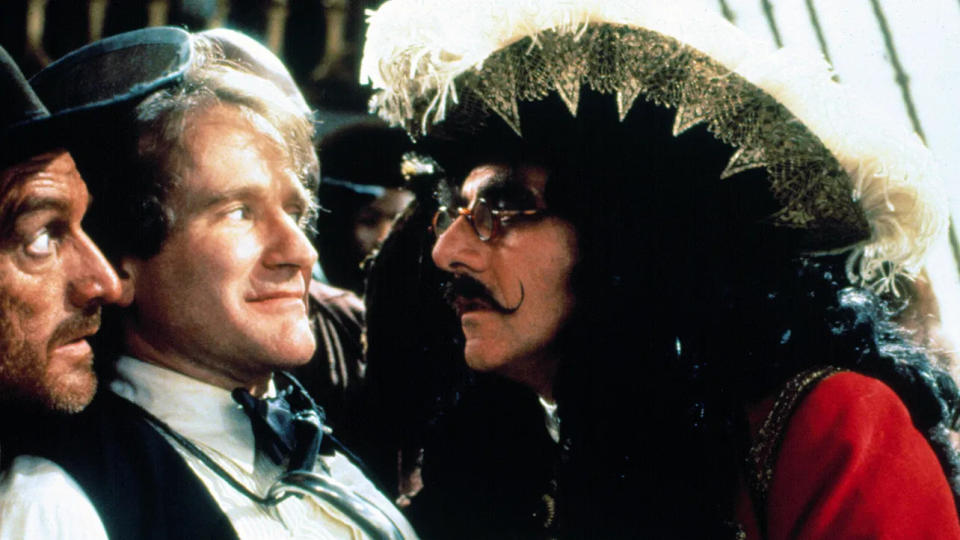
Steven Spielberg might not have come around on it yet, but people love his 90s take on the Peter Pan story. The film has spawned a cult following, particularly among those who first saw it when they were children. At the time, critical notices were almost universally negative, accusing Spielberg of a lack of imagination in bringing a new angle to the material. Peter Travers wrote in Rolling Stone that the film would “only appeal to the baby boomer generation". It seems he was wrong on that front.
Fight Club

Anyone who has seen David Fincher’s 1999 thriller will understand why it has always been divisive. At the time of release, there was concern among cultural commentators about copycat violence, with some comparing the movie to A Clockwork Orange. The legendary critic Roger Ebert didn’t agree with that, but he did think the film amounted to “a thrill ride masquerading as philosophy". The Boston Globe called it "explosively silly".
Read more: Edward Norton on how Fight Club gave him confidence about indie films
In the 20 years since then, Fight Club has become one of the definitive cult movies of the late 20th century and a major part of Generation X culture. It now routinely appears on lists of the best films ever made.
Scarface

Amid the furore around Luca Guadagnino signing on to remake Scarface, it’s surprising to note that Brian De Palma’s 1983 crime epic was not a critical darling on release. Critics savaged the movie for its excessive violence, record-breaking swearing and use of crude stereotypes. So negative was the buzz around the film that De Palma was nominated for Worst Director at the Razzie Awards. Renowned critic Leonard Maltin said the movie “wallows in excess and unpleasantness for nearly three hours”.
Read more: Why Guadagnino signed on to remake Scarface
As with many of the films on this list, time changed the response to it. Notably, the movie had some prominent champions at the time, with Roger Ebert awarding it a perfect score and Martin Scorsese expressing his enjoyment of it. Since then, Al Pacino’s performance and its crime iconography have become timeless.
Psycho
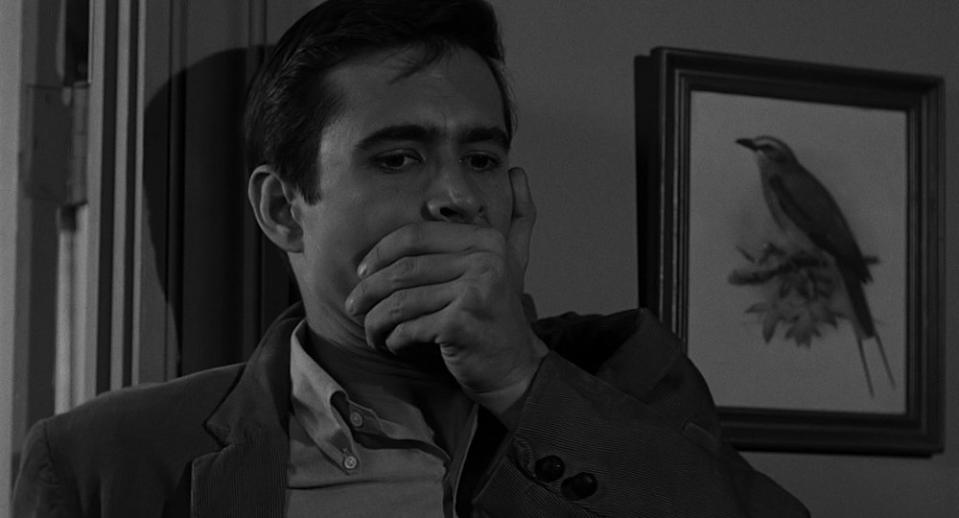
In April 1960, critics got their knives out for British filmmaker Michael Powell’s Peeping Tom, dubbing it a violent waste of time. A few months later, Alfred Hitchcock eschewed press screenings for his similarly grim horror movie Psycho. Initial reviews — especially from critics in the UK — were negative, but their words came too late to stem the flow of box office cash and, very shortly, the movie was reappraised and became an acclaimed smash hit that kick-started the slasher genre.
Blade Runner
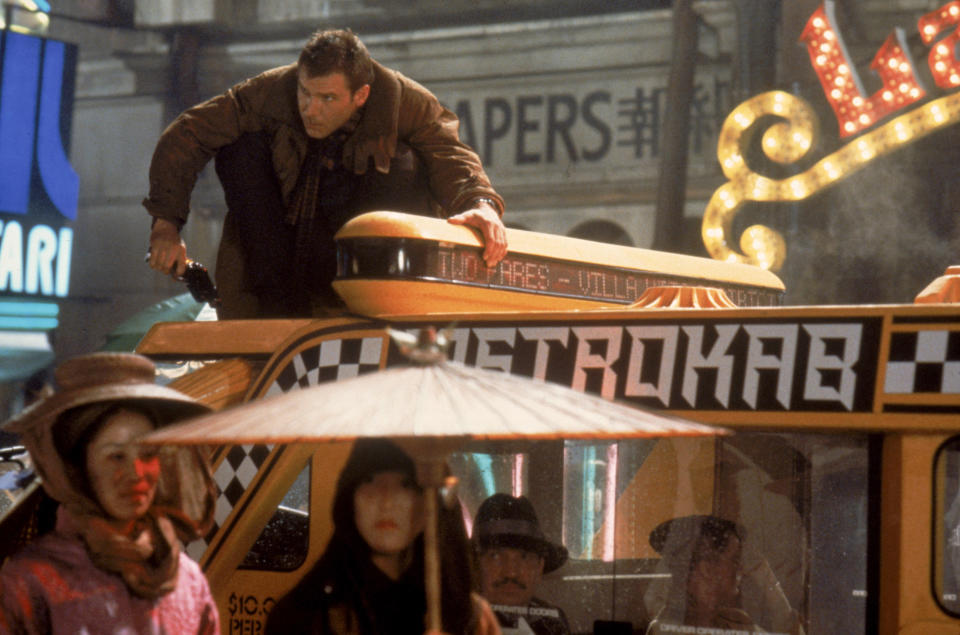
Blade Runner is not a fast-paced movie. It’s a deliberate, methodical sci-fi tale with some big ideas at its heart. That did not wow critics in 1982 when the film debuted, with the LA Times notably referring to it as “Blade Crawler” in their negative review. It was suggested that the movie was a feast for special effects, but was lacking in terms of its plot.
Read more: Villeneuve wants to return to Blade Runner
The subsequent reappraisal has come after director Ridley Scott has repeatedly tinkered with the film, producing half a dozen different cuts. Scott’s high-concept story is now considered one of the most significant dystopian films ever and spawned an acclaimed sequel directed by Denis Villeneuve in 2017.
Love Actually

From Hugh Grant’s dancing prime minister to that scene with the placards, Love Actually still has as many detractors as it does fans. It was fairly well-received in Britain when it arrived in 2003, but was less successful among US critics. They objected to its extended length and what the San Francisco Chronicle called “gloppy sentimentality”.
Read more: Love Actually trivia you might not know
The movie has since become a lauded Christmas classic, albeit one that sparks a passionate debate about its polarising status every December. Those placards have caused Andrew Lincoln more bother than any zombie on The Walking Dead ever did.
Rocky IV

The first Rocky film managed to straddle critical and commercial approval perfectly, marching from its box office success through to the Oscars without even pausing to run up some steps. In 1985, Rocky IV became the franchise’s biggest financial win, earning $300m (£238m) worldwide. It did not, however, win over critics. Roger Ebert called it a “last gasp” for the franchise and other writers were even harsher.
Read more: Stallone working on Rocky IV director’s cut
Commercially, of course, these reviews did nothing to harm the movie’s dominance at the multiplex and Rocky IV was an enormous success. Years later, it’s considered one of the most enjoyable entries of the franchise and provided the spine for sequel Creed 2, pitting the son of Apollo Creed against the son of Ivan Drago.
The Shining

Another slow-paced classic, The Shining was criticised for its trudging story structure when it first arrived in 1980. Stephen King was famously unhappy with director Stanley Kubrick’s take on his novel and many film critics agreed. Pauline Kael said the film “disappoints” audiences by constantly building up to something that never comes and the New York Times wrote that “even the film's most startling horrific images seem overbearing and perhaps even irrelevant”. Kubrick was even nominated for a Razzie alongside actress Shelley Duvall.
Read more: A third Shining movie is in development
Of course, Kubrick’s masterpiece came to be appreciated in the years to follow and it is now considered to be one of the greatest horror movies ever made. There has even been a thawing of sorts in King’s response in the wake of Mike Flanagan’s Doctor Sleep, which brought together King and Kubrick’s visions into an enjoyable sequel to both forms of The Shining.
The Thing
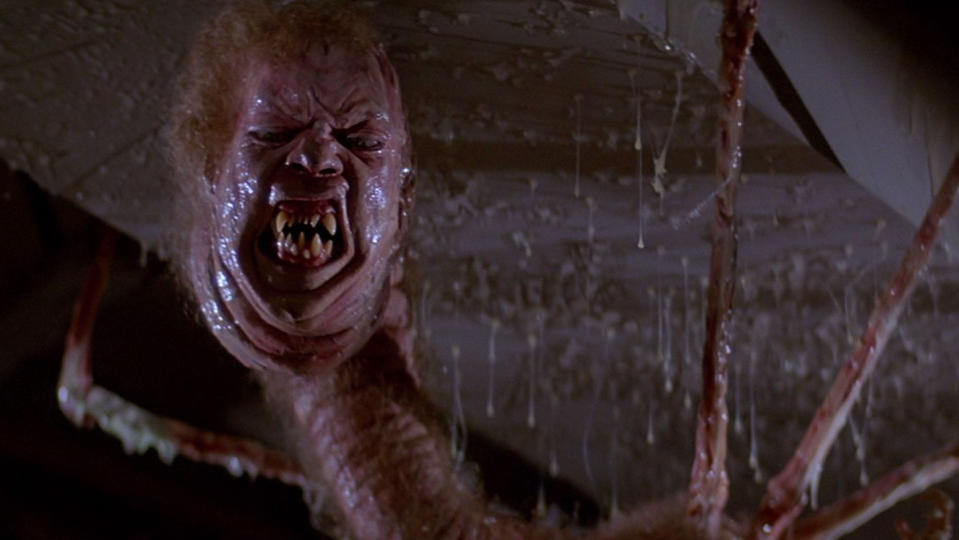
Horror movies are often a target for critical nausea, which was the fate that greeted John Carpenter’s grotesque The Thing in 1982. Genre magazine Cinefantastique led the venom, proposing on its cover that it could be “the most hated movie of all time”. It was called “instant junk” by Vincent Canby and "bereft, despairing, and nihilistic" by the LA Times. Of all of the movies on this list, The Thing was perhaps the one to receive the most vicious response.
Read more: Blumhouse working on new take on The Thing
By the early 1990s, the critical reappraisal had begun in earnest and, just a few years later, The Thing started to appear in lists of the greatest movies ever made. It was too late for Carpenter, however, who lost a huge gig as the director of Firestarter after this movie failed both critically and commercially. He now maintains it’s one of his favourite films from his own back catalogue.

 Yahoo Movies
Yahoo Movies 
